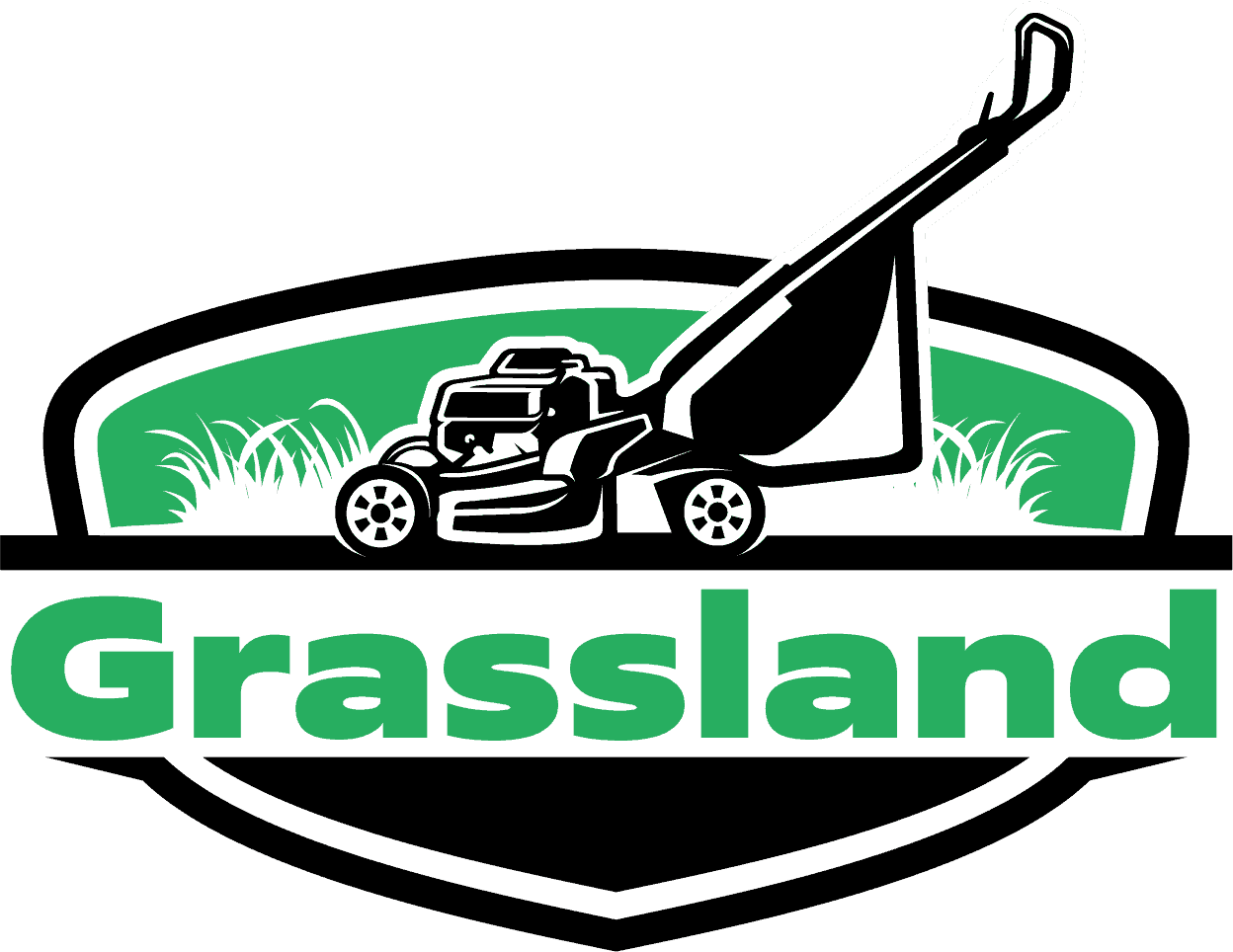Mulching
Mulching is the action of covering the soil with a material that helps retain moisture, prevent weed growth, and prevent erosion. This can be anything from chopped straw to mulch made out of shredded trees or something you find in your compost bin. You may have noticed that when water comes into contact with impermeable surfaces, it forms tiny beads. This is due to the surface tension of water, which causes it to form little balls. It is called “surface runoff,” and if you have ever seen some water collect on top of your driveway after a rainstorm, that is essentially what this means.
Benefits Of Mulching
1. It Provides Nutrients To Plants
Mulches like bark encourage microbial activity in the soil, which converts organic material into plant-available nutrients that can help boost plant growth and improve disease resistance. Warm-season grasses benefit from an extra layer of protection during cold weather when mulches act as insulators. They help buffer temperature swings between the soil and air by absorbing sunlight during warm periods or trapping warmth during the colder months. This can reduce water loss from plant leaves, which means improved photosynthesis.
It’s easy to get started with mulching. After planting and watering in your new plants, add a layer two to three inches deep across your garden beds. Apply a fresh layer of mulch every year around late spring or early summer to keep it looking great all season long.
2. Soil Protection
Mulch helps prevent weed growth by minimizing light exposure, which reduces water loss from evaporation. This allows your plant roots to stay cool and moist for optimal health. Plus, it protects topsoil from eroding with rainfall or day-to-day activity on your property. Fewer weeds mean less potential contact between plants and lawn chemicals like herbicides, leading to chemical runoff into our waterways.
3. Water Conservation
Mulched soils absorb more water than unmulched soil, which means less time watering your garden.
4. Pollution Prevention
A trained professional knows how to avoid injury by taking proper safety precautions. Many homeowners attempt tree removal for themselves, especially when limbs become too close to their homes. Trying this type of task on their own puts a high risk of severe personal injury since they lack knowledge and the proper tools required for tree trimming.
5. Decreases Weed Germination
This is achieved by blocking the sunlight that would ordinarily fall on these areas of soil where weed seeds are hoping to grow from. Furthermore, the mulch will prevent rain and irrigation from reaching the soil and washing away buried weed seeds. Therefore, weeds cannot sprout.
6. Keeps Soil Moisture For Longer Periods Between Watering
The moisture retention of soil affects plant life because it determines how long exposure to dryer climates will last. Mulch can be used as a soil-moisture retention agent because it is composed of organic material such as grass clippings, leaves, bark, and wood chips. Mulch slows the evaporation rate by covering plants’ roots with an insulating layer, protecting them from dust and temperature fluctuations. This allows the plant to absorb water for extended periods before being watered again.
7. Can Prevent Some Plant Diseases
What would you do if your lawn were a lush, verdant green carpet instead of a patchy brown grassland? Most people who have lawns would automatically answer, “I’d mow it!” But what if you had no lawnmower? Or even worse, what if your grass got sick? We’ve all had the experience of trying to get rid of an itchy grass rash, but what if your lawn developed a rash that was ten times worse? That kind of inflammation is the last thing you want on your lawn. But there’s a solution – mulching. Lawns mulched with properly prepared wood chips provide a protective barrier limiting water and oxygen to plant diseases.
Methods For Mulching
1. Organic Mulch
Organic mulch comes from plants and inhibits the growth of weeds, regulates soil temperature, acts as an insulator for roots of trees and shrubs, aerates the soil, prevents erosion of the surface layer of the earth by wind or water runoff (i.e., it slows soil drying), helps retain moisture during dry weather (thus reducing irrigation needs), and is aesthetically appealing to boot!
There are many different kinds of organic mulches available on the market these days, so you have many options depending on what look you are going for. Some popular organic mulches include:
- Aged bark nuggets
- Cocoa shells
- Corncobs
- Grass clippings
- Hardwood bark
- Nutshells
- Pine needles
- Shredded hardwood bark
- Straw
- Wood chips
2. Grass Clippings
Grass clippings are an excellent soil amendment. They add essential nutrients and organic matter to soils and composts and improve drainage and aeration in clay or compacted soils. The best part about using grass clippings in place of traditional landscaping materials is that it’s money-saving and easy to do.
3. Shredded Leaves Or Wood Chips
Leaves are one of my favorite options because they break down into the soil over time, adding nutrients. However, this takes several months to complete, and some leaves may not break down so easily. They also tend to blow around your yard in the wind, turning up everywhere! This is my least favorite option for this reason, but some people love it because it’s free and looks pretty.
4. Bark Mulch
Usually made of wood bark or shredded tree bark, many people use this because it’s readily available at most hardware stores that sell garden supplies. It can be expensive compared to other mulches but last longer before breaking down into the soil. Keep in mind that certain types of bark may contain harmful chemicals like arsenic which can kill your plants, so it’s best to use only organic mulches.
5. Stone Mulch
It is made of rocks, pebbles, or even glass and has a very natural look. If you’re handy with arranging stones in exciting ways, this could be for you! The downside is that they are heavy, difficult to move around, and expensive.
6. Plastics
As much as I would like to stay away from plastics (because they may contain harmful chemicals), people use products like weed barriers which are plastic sheets laid underneath the soil. Although these can keep out weeds pretty well, they may not be my first choice because of the chemicals that can be released into the soil.
7. Rubber Mulch
Made from recycled tires, rubber mulches are excellent because they are durable and do not break down or decompose like other mulches. This may be your best option if you have dogs because it won’t get dug up by digging pups! While it’s a more expensive method, it works long-term.
FREQUENTLY ASKED QUESTIONS
Trees provide valuable shade, but they also drop leaves that smother grass when allowed to pile up on top of it. Organic mulches like fine bark or leaf mold create an ideal environment for grass to grow and thrive. You can expect an entire, healthy lawn that won’t be overtaken by weeds or die out from lack of nutrients.
We certainly don’t want weeds to take over your prized possessions; we’re here to help you maintain them! We ask that homeowners tend to any necessary yard work (weed pulling, deadheading, etc.) as well as mowing the lawn one last time before our team arrives. Our process will generate a great deal of heat which means decreased soil moisture. That’s why grass needs to go through a dormant period before we apply the mulch, so the soil has time to recover.
Believe it or not, having a lawn without organic mulch applied can pose numerous risks! Without proper coating, grass blades lose their moisture-that type of environment is ripe for weed growth. Weeds produce seeds that can damage your grass, get into the soil, and create more problems. Our organic mulch creates a barrier between the grass and the surrounding habitat, which means fewer weeds growing in the first place!

